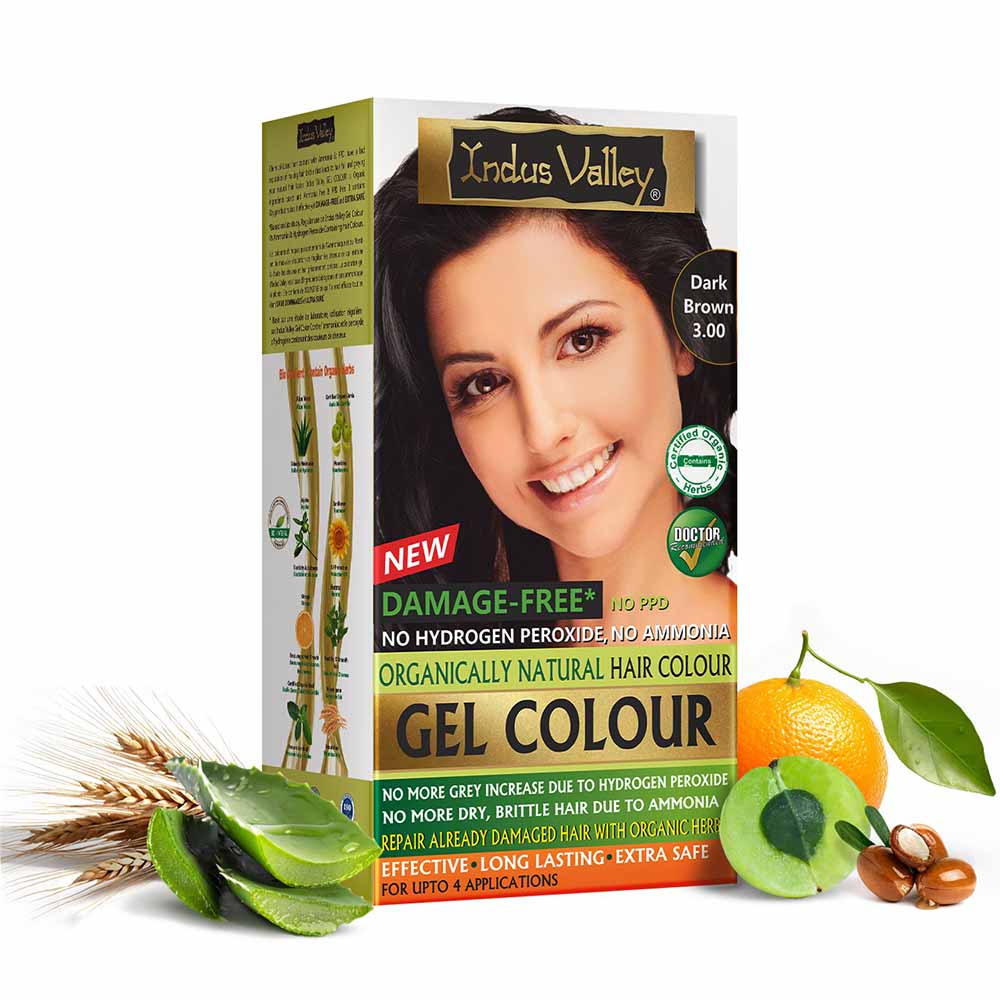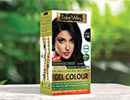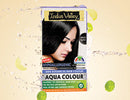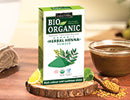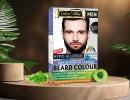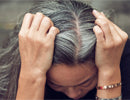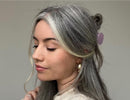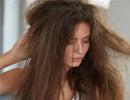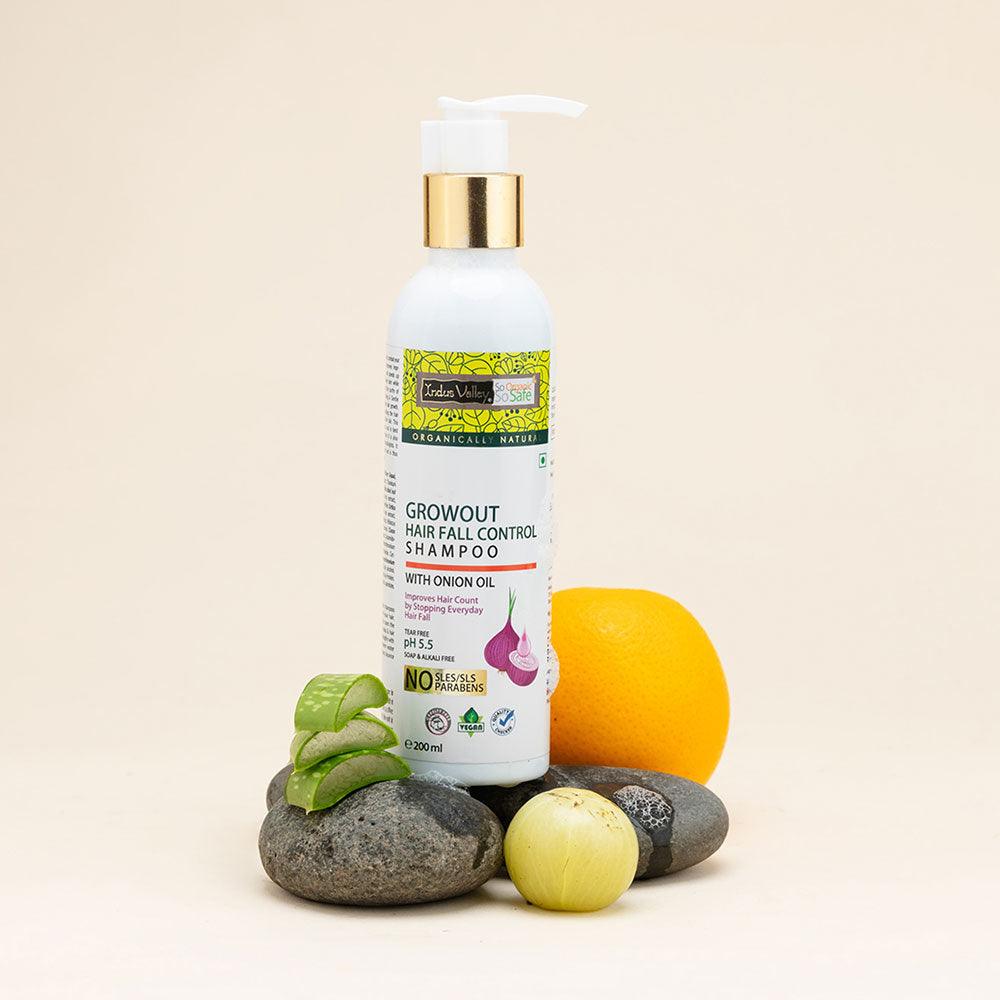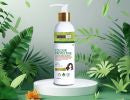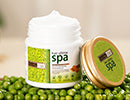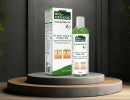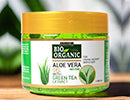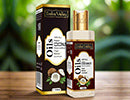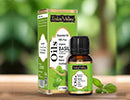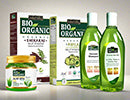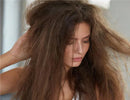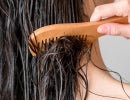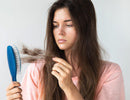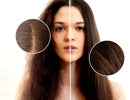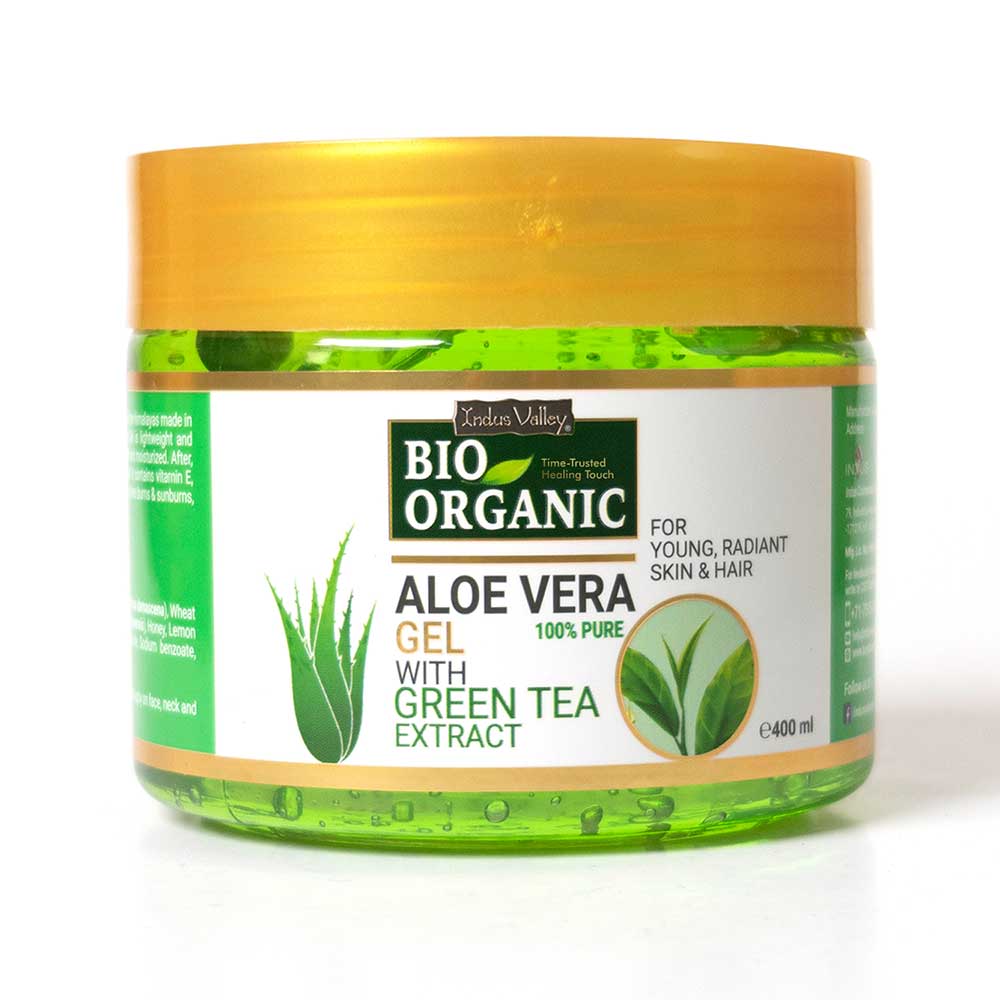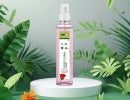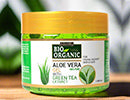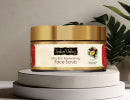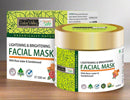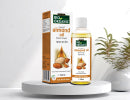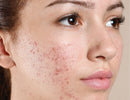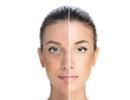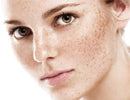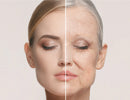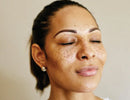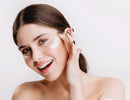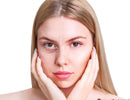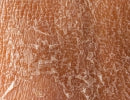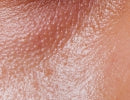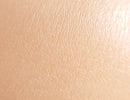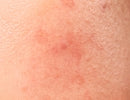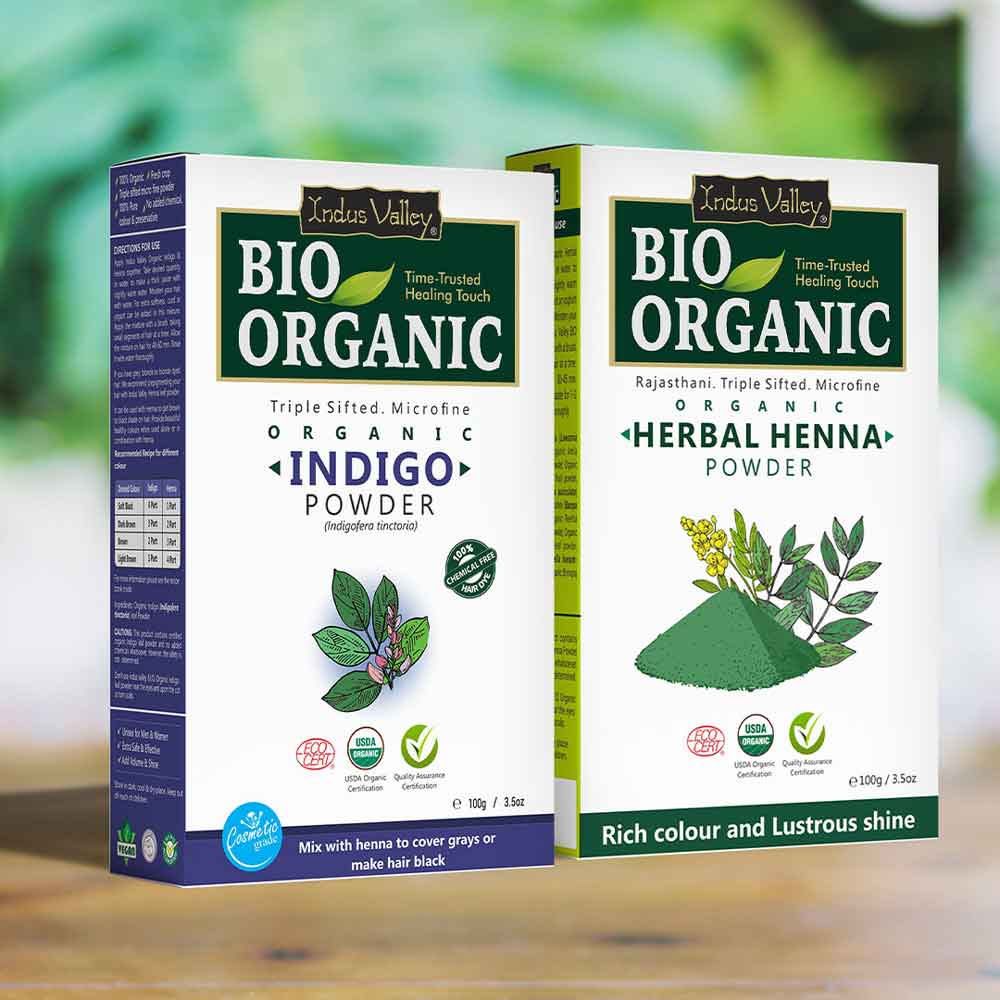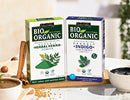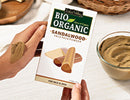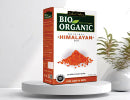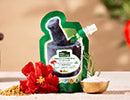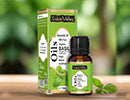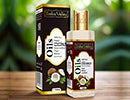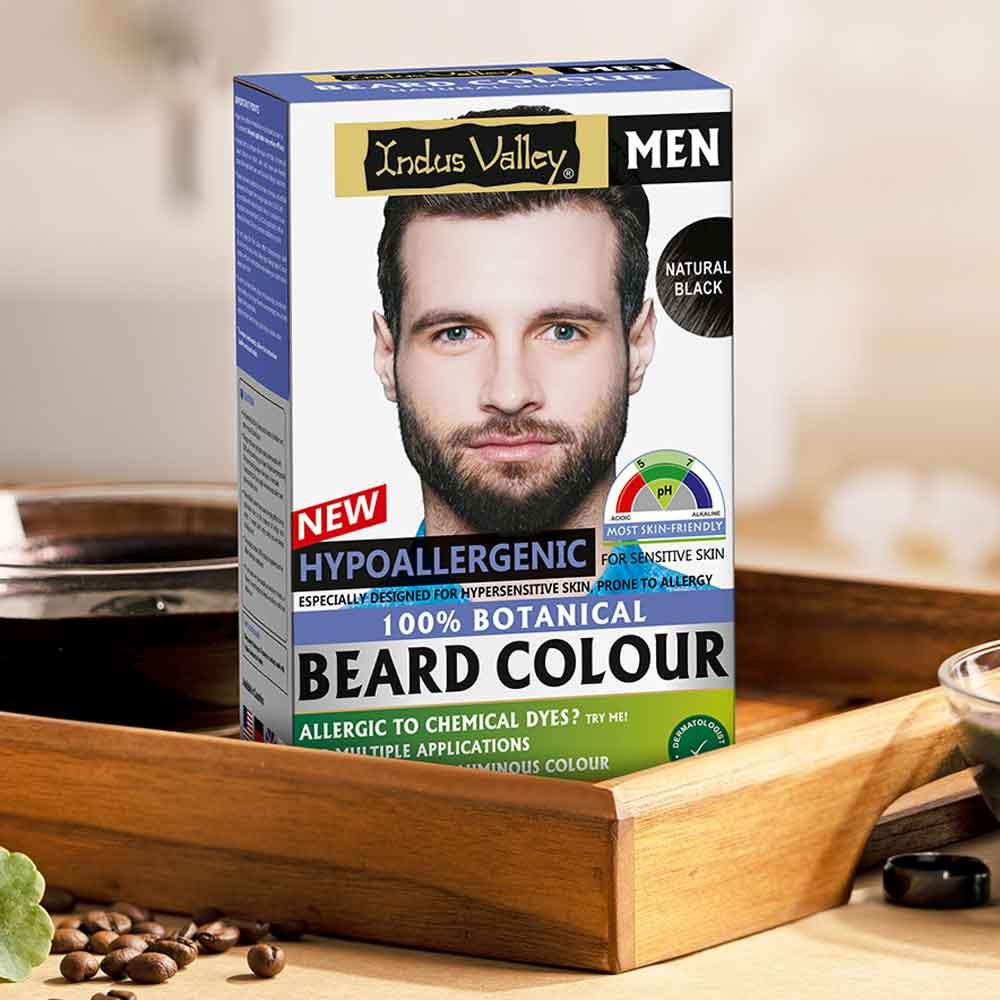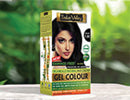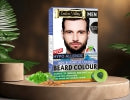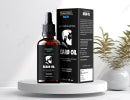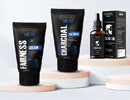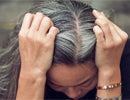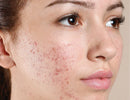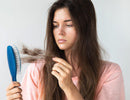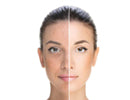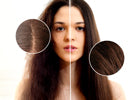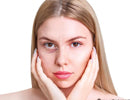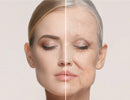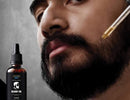Quick Listen
Short Summary of the Blog:
"Your anti-dandruff journey begins with reading ingredient labels carefully. Avoiding sulfates, parabens, silicones, coal tar, synthetic fragrances, and harsh alcohols can dramatically improve scalp health. A powerful yet gentle formula containing climbazole, salicylic acid, aloe vera, rosemary extract, and soy protein offers both immediate relief and long-term benefits. By choosing a shampoo that treats dandruff at the root while protecting the scalp barrier, you move closer to a flake-free, calm, and healthier scalp."
Dandruff is one of the most common scalp concerns, yet one of the most misunderstood. If you are struggling with white flakes, itching, dryness, increased hair fall, or an oily yet flaky scalp, the root cause could be a weakened scalp barrier. Many people unknowingly worsen their dandruff by using the wrong shampoo—especially formulas filled with harsh chemicals that irritate the scalp.
To choose the best anti-dandruff shampoo, it’s crucial to understand which ingredients harm your scalp and which ones truly help restore balance.
Table of Contents
Why Your Shampoo Ingredients Matter

A healthy scalp maintains a delicate balance of oils, moisture, and microbes. Harsh chemicals disrupt this balance, creating conditions where dandruff-causing fungi thrive. Using the wrong shampoo can lead to:
- More flaking
- Redness and inflammation
- Excessive dryness
- Fungal overgrowth
- Product buildup
- Weak hair roots
Even the so-called “best anti-dandruff shampoo” can be ineffective if it contains barrier-damaging ingredients. That’s why checking the label is the first step to lasting scalp health.
Harmful Ingredients to Avoid in Anti-Dandruff Shampoo
1. Sodium Lauryl Sulfate (SLS) & Sodium Laureth Sulfate (SLES)These detergent-like foaming agents strip essential oils from the scalp. While they create rich lather, their aggressive cleansing can worsen dryness, irritation, and flaking. For dandruff-prone scalps, sulfates often intensify symptoms rather than resolve them.
2. Cocamidopropyl Betaine (CAPB)Commonly used to boost foam and reduce formulation cost, CAPB can trigger allergic reactions in sensitive individuals. If you experience redness or itching after washing, CAPB may be contributing to the irritation.
3. Diethanolamine (DEA) & Triethanolamine (TEA)These emulsifiers help shampoo feel creamy, but they may cause long-term scalp irritation and dryness. For individuals with dandruff, even mild irritation can lead to more intense flaking and inflammation.
4. DimethiconeA type of silicone that makes hair appear smooth and shiny. However, dimethicone coats the scalp, traps debris, clogs follicles, and prevents active anti-dandruff agents from penetrating. This buildup worsens dandruff and leaves the scalp greasy but the lengths dry.
5. Sodium Chloride (Salt)Used as a thickener in many shampoos, sodium chloride can irritate the scalp and dehydrate the barrier. For those already experiencing flakiness, this ingredient can make symptoms more severe.
6. Other SiliconesSilicones like amodimethicone and cyclopentasiloxane give temporary shine but contribute to heavy buildup. This buildup risks trapping fungi and dirt on the scalp, causing persistent flakes and itchiness.
7. Synthetic FragrancesFragrances contain multiple chemical compounds that can irritate sensitive scalps. They often trigger itching, redness, and flaking. If you have dandruff, always choose fragrance-free or naturally fragranced formulations.
8. Drying AlcoholsShort-chain alcohols such as ethanol, SD alcohol, and isopropyl alcohol evaporate quickly and strip moisture from the scalp. This leads to a dry, tight feeling that can trigger more dandruff.
9. ParabensThese preservatives may disrupt the scalp microbiome and contribute to increased sensitivity. An imbalanced microbiome is a major trigger for stubborn dandruff flare-ups.
10. Coal TarCoal tar can reduce flaking in some individuals, but its harsh nature may irritate sensitive scalps. If your flakes worsen after use, coal tar may be too strong for your scalp type.
What to Choose Instead: Scalp-Friendly, Effective Ingredients

To achieve long-term relief, focus not only on what to avoid but also on what the best anti-dandruff shampoo should contain. Modern formulations rely on a balance of clinically supported actives and soothing botanicals.
1. ClimbazoleA powerful ingredient known for targeting dandruff-causing fungi. It also helps reduce symptoms of eczema and psoriasis, making it ideal for sensitive or reactive scalps.
2. Salicylic AcidA gentle exfoliant that removes dead skin cells, reduces flaking, and helps active ingredients penetrate more effectively. Especially beneficial for thick, persistent scales.
3. Rosemary ExtractA soothing botanical extract that calms itchiness and reduces inflammation. It also improves scalp circulation, supporting healthier follicles.
4. Aloe VeraA hydrating, cooling ingredient that nourishes and strengthens the scalp barrier. Aloe helps reduce dryness, itching, and irritation while promoting scalp comfort.
5. Soy ProteinA strengthening and conditioning agent that supports smoother, healthier hair. It helps repair the effects of dryness caused by dandruff and enhances hair resilience.
Modern anti-dandruff shampoos combine these ingredients to deliver a balanced solution: controlling flakes while supporting overall scalp health.




